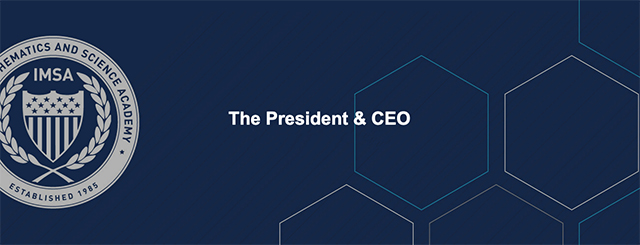
Publications & Research
Document Type
Article
Publication Date
Spring 2017
Abstract
According to the National Action Council for Minorities in Engineering (NACME), there is a lack of diversity in STEM (science, technology, engineering and mathematics) education and careers. The 2013 U.S. Census Bureau indicates that Blacks and Latinos are underrepresented in STEM, with each group making up less than 7% of the STEM workforce; while Whites are overrepresented, making up 70% of the workforce (2013). However, the 2016 Illinois STEM report card suggests that 24% of Black and 28% of Hispanic high school students are interested in STEM. The Research Consortium on STEM Career Pathways further indicates that 21% of Blacks and 27% of Latinos aspire to enter a STEM careers. Although approximately a quarter of Black and Latino students are interested in STEM and aspire to enter STEM fields, they have not demonstrated academic proficiency in math and science education. This is evident in the National Assessment of Educational Progress (NAEP), which shows that while 32 percent of White students and 47 percent of Asian students scored at proficient or above in math, only 7 percent of Black students and 12 percent of Latino students did (2013). In science, the average score was 163 for White students and 159 for Asian students, but 129 for Black Students and 137 for Latino Students (NAEP, 2011). Although these disparities exist, NACME believes that diversity in STEM leads to improved decision-making, enhanced innovation and better outcomes for business, and thus, have prioritized diversifying the STEM education to career pipeline (2011). They have implemented a 3-prong plan to address the issue that includes raising reading, math and science scores, training more teachers in STEM education, and encouraging more underrepresented minorities to enter STEM fields.
Recommended Citation
Coleman, A. (2017). Parents’ Perspective on Diversifying the STEM Education to Career Pipeline: Motivating Culturally and Linguistically Diverse Gifted/Talented Students to engage in STEM. IAGC Journal.


Comments
IAGC Journal